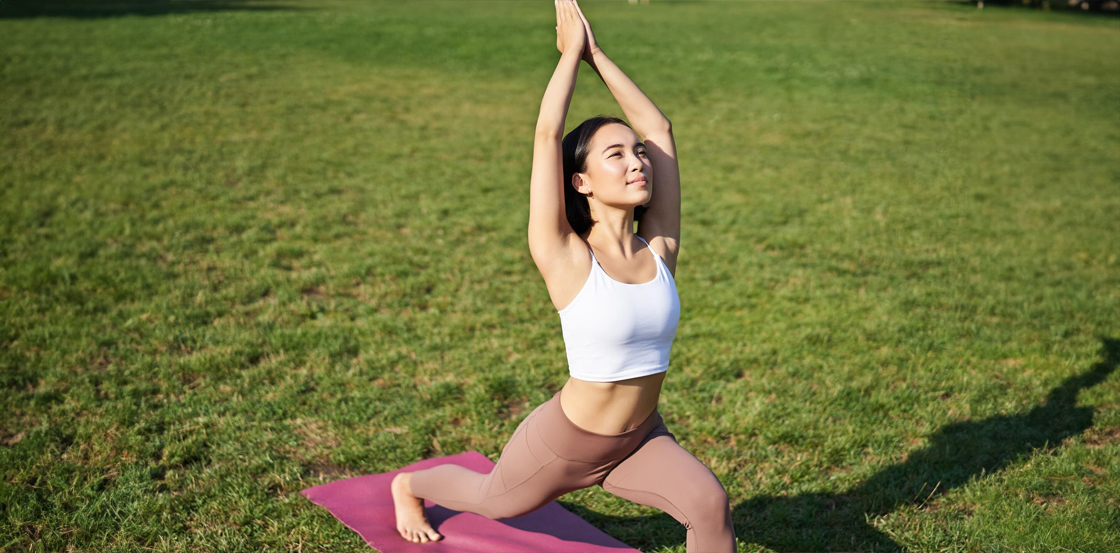Post link copied to clipboard!

Physical activity plays a crucial role in maintaining hormonal health in women. The relationship between physical activity and hormonal balance is multifaceted, influencing women’s well-being. Here are some key points to understand this relationship:
Physical activity can help regulate estrogen levels in women. Regular exercise can lead to a more consistent menstrual cycle and reduce the risk of conditions related to hormonal imbalances, such as polycystic ovary syndrome (PCOS).
Physical activity enhances insulin sensitivity, reducing the risk of insulin resistance and Type 2 diabetes. Insulin resistance can disrupt hormonal balance, particularly in women with PCOS.
Exercise has stress-reducing effects. It can help balance cortisol levels. Chronic stress often causes high cortisol levels. It can interfere with other hormone production and regulation.
Weightlifting and brisk walking benefit bone health through weight-bearing exercises. Hormones like oestrogen play a role in maintaining bone density, and regular physical activity can help prevent conditions like osteoporosis.
Maintaining a healthy weight through physical activity can positively impact hormonal health.
Increased oestrogen production, which disrupts hormonal balance, can result from excess body fat, particularly around the abdomen.
Regular exercise can improve mood and sleep quality. Balancing your mood and getting adequate sleep is essential for hormonal regulation, particularly concerning serotonin, melatonin, and other neurotransmitters.
Physical activity can alleviate some symptoms of menopause, such as hot flashes and mood swings, by influencing hormone production and release.
Exercise can support fertility by helping women maintain healthy body weight and improving overall health. However, excessive exercise may disrupt the menstrual cycle.
Physical activity can be a part of the management plan for hormone-related disorders like PCOS and endometriosis It may help reduce symptoms and improve overall health.
It’s important to note that the impact of physical activity on hormonal health can vary from person to person. Factors like the type, intensity, and duration of exercise and an individual’s hormonal profile can all influence the outcomes.
In summary, maintaining an active lifestyle can help your hormonal health in women. Regular physical activity can help regulate oestrogen levels, improve insulin sensitivity, reduce stress, support bone health, manage weight, enhance mood and sleep, and mitigate the effects of menopause and hormonal disorders. However, it’s essential to consult with a healthcare professional before starting any new exercise regimen, especially if you have specific hormonal concerns or conditions. They can provide personalised guidance based on your individual health needs.